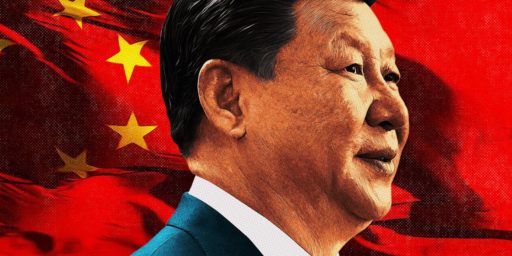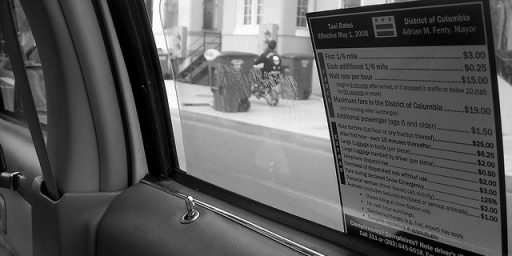Exchange Rate Regimes: Do They Matter?
This NBER Perspective by Kenneth Rogoff says that the conventional wisdom that there is little difference between floating and fixed regimes is wrong. The reason it is wrong is that much of the past research has relied on the artificial catagorzation by the International Monetary Fund (IMF) as to the type of regime a country is using. If China says it is using “managed floating” then the IMF records China as using a floating variant irrespective of the fact that China’s regime might be much more in line with a fixed regime.
Rogoff and others have designed an algorithm that re-classifies countries exchange rate regimes and then look at the newly re-classified regimes’ impact on macroeconomic variables. They look at three types of countries, advanced/developed countries, developing countries and a middle catagory of emerging markets. The results is that the exchange rate regime does matter and it breaks down as follows.
- Developed Countries fare best with floating regimes
- Developing countries fare best with fixed regimes
- No pattern for emerging markets
The results suggest that as a country becomes more developed it will need a strategy to move from a fixed exchange rate regime to a floating regime.





